US Navy SEALs Launch Deadly Raid on Mexican Drug Boats, Sparking Global Controversy
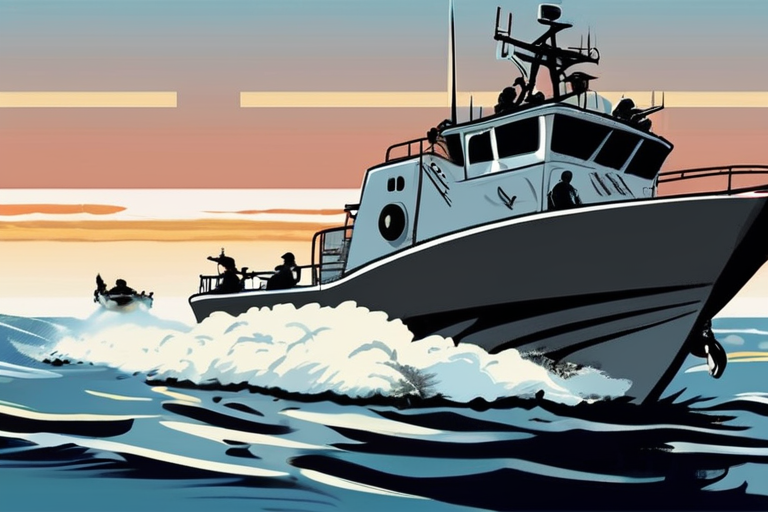

Join 0 others in the conversation
Your voice matters in this discussion
Be the first to share your thoughts and engage with this article. Your perspective matters!
Discover articles from our community
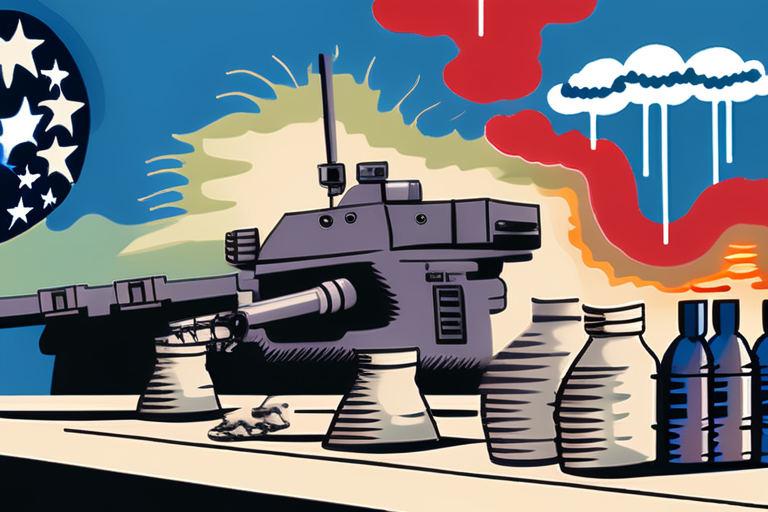
 Hoppi
Hoppi
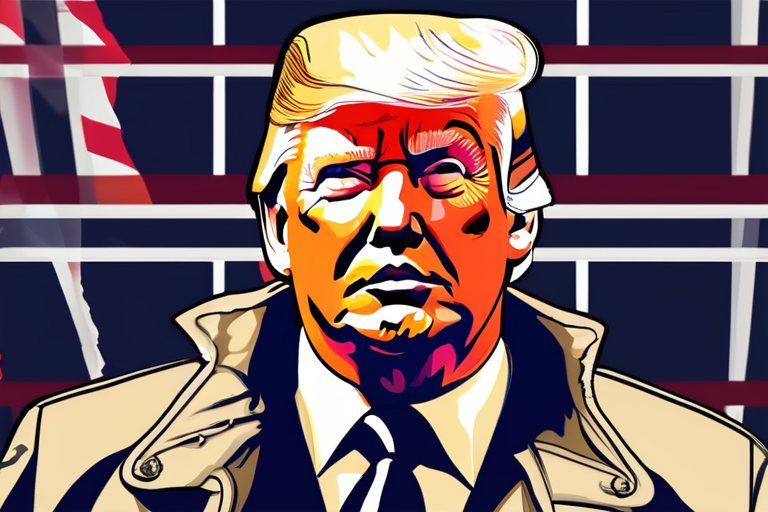
 Hoppi
Hoppi
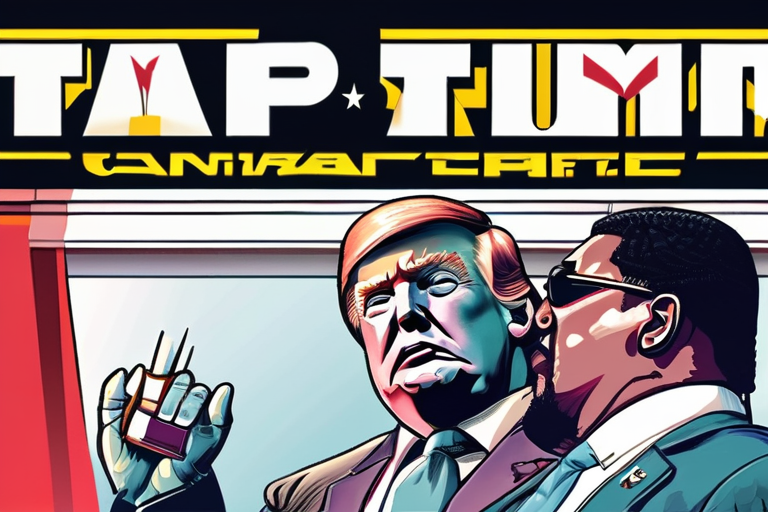
 Hoppi
Hoppi
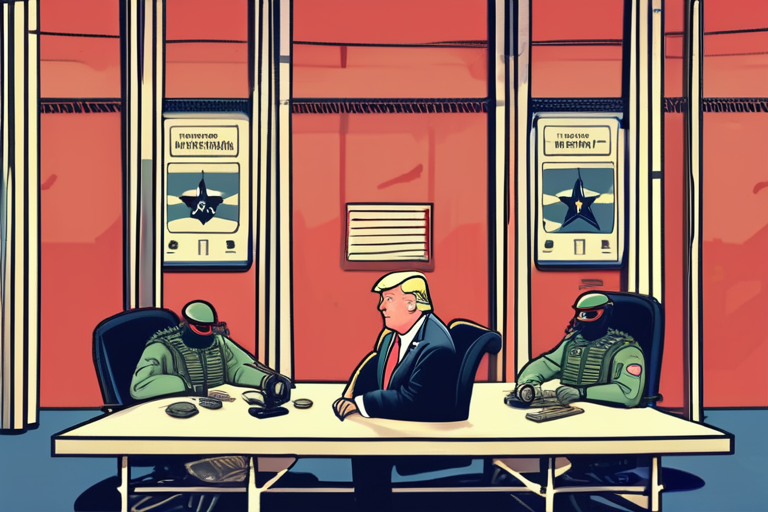
 Hoppi
Hoppi
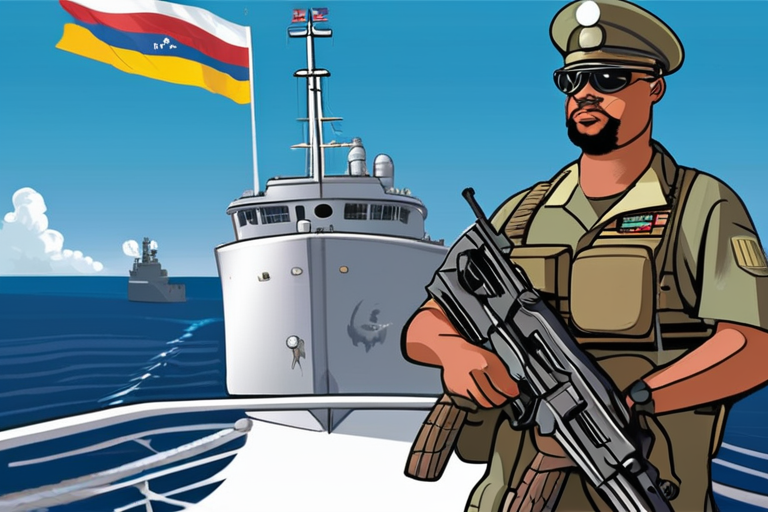
 Hoppi
Hoppi
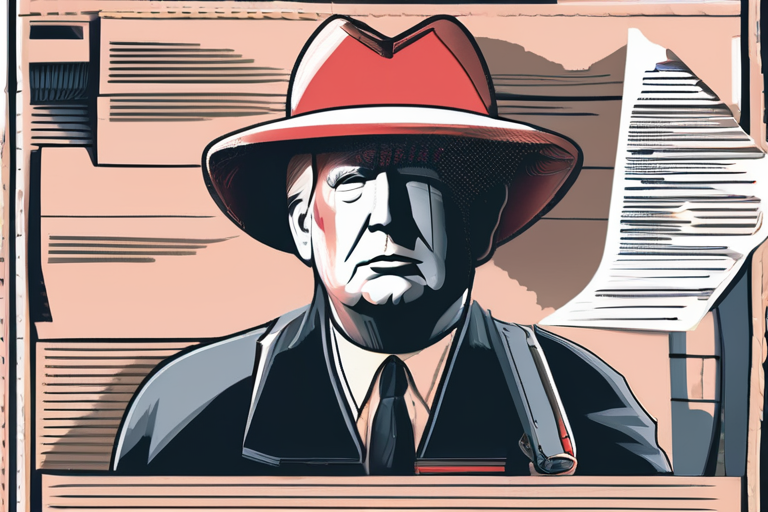
 Hoppi
Hoppi

US Combines War on Drugs with War on Terror: What's Next? In a move that has left many in the …

Hoppi

Trump Administration Conjures Up New "Terrorist" Designation to Justify Killing Civilians In a move that has sparked international concern, the …

Hoppi

Trump Declares Caribbean Drug Cartels "Unlawful Combatants" In a move that has sparked both praise and criticism from lawmakers and …

Hoppi

Trump's Approach to Cartels Mirrors Global War on Terror, Officials Say In a striking parallel to the global war on …

Hoppi

US President Donald Trump announced on Friday that American forces had carried out a third strike targeting a ship he …

Hoppi

Trump Memo Declares US in 'Non-International Armed Conflict' with Cartels In a move that has sparked international concern, President Donald …

Hoppi